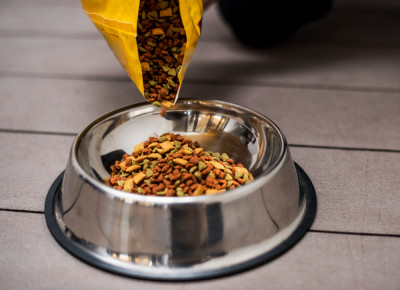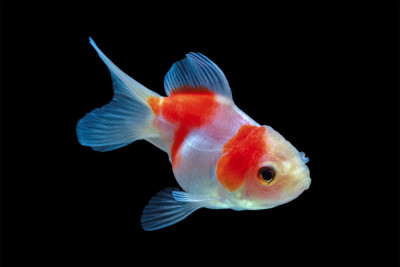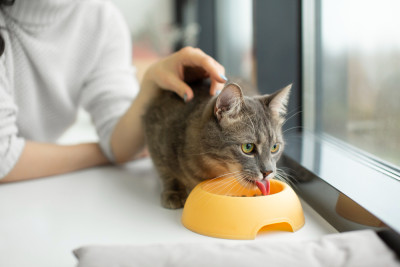-
Understanding Your Pet's Dietary Needs
Different pets have varying dietary requirements based on their species, age, size, activity level, and health status. Consult with your veterinarian to determine the most suitable diet for your pet. Cats, dogs, birds, and reptiles all have specific nutritional needs that must be met.
-
Commercial Pet Food
Commercial pet food is formulated to provide balanced nutrition for pets of all ages and sizes. Look for products that meet the standards set by the Association of American Feed Control Officials (AAFCO) or similar regulatory bodies in your region. These foods typically come in dry kibble, wet canned, or semi-moist forms.
-
Choosing the Right Type of Food
Consider your pet's age and dietary requirements when selecting their food. Puppy and kitten formulas are tailored to support growth, while adult formulas provide maintenance nutrition. Senior pet foods are designed for aging animals with specific health needs. Additionally, some pets may require specialized diets due to allergies, sensitivities, or medical conditions.
-
Ingredients Matter
The quality of ingredients in your pet's food is crucial. Look for foods with real meat, poultry, or fish as the primary ingredient. Avoid foods that contain excessive fillers, artificial additives, and preservatives. High-quality ingredients contribute to your pet's overall health and vitality.
-
Portion Control
Overfeeding can lead to obesity and related health problems in pets. Follow the feeding guidelines provided on the pet food label, and adjust portions based on your pet's age, activity level, and weight goals. Regularly monitor your pet's weight and adjust their diet as needed.
-
Fresh Water
Always ensure that your pet has access to fresh, clean water. Proper hydration is essential for digestion and overall health. Change the water daily and clean your pet's water bowl regularly.
-
Treats and Supplements
Limit the number of treats and table scraps you offer your pet, as excess calories can lead to weight gain. If you want to give treats, opt for healthy, pet-specific options. Discuss any supplements or vitamins with your veterinarian, as unnecessary supplements can sometimes do more harm than good.
-
Transitioning to a New Diet
When changing your pet's diet, do so gradually to avoid digestive upset. Mix a small amount of the new food with the old, gradually increasing the ratio of the new food over a week or two until your pet is fully transitioned.
-
Special Dietary Considerations
Some pets have unique dietary needs. For example, cats are obligate carnivores and require a diet high in animal protein. Birds may need a variety of fresh fruits and vegetables in addition to their pelleted diet. Reptiles may need a diet specific to their species, such as insects or leafy greens.
-
Regular Veterinary Check-ups
Regular visits to the veterinarian are essential for assessing your pet's overall health, including their diet. Your vet can provide guidance on nutrition and dietary choices that align with your pet's specific needs.
Conclusion
Feeding your pet is a fundamental aspect of responsible pet ownership. By understanding their nutritional needs, choosing high-quality food, practicing portion control, and seeking veterinary guidance when needed, you can ensure that your pet receives the best possible nutrition. A well-balanced diet contributes to their vitality, longevity, and happiness, allowing you to enjoy a healthy and fulfilling relationship with your beloved animal companion.







